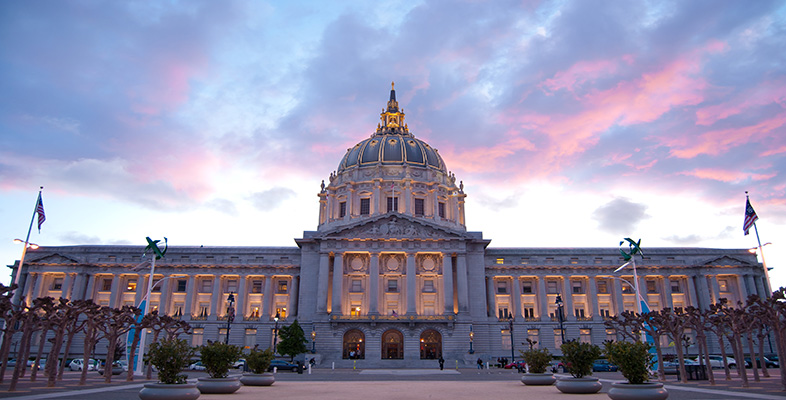3 Doing it directly
3.1 The Athenians, the Swiss, and Arnold Schwarzenegger
Abraham Lincoln defined democracy as rule of, by and for the people.
If democracy is such a good thing, why don't voters get to decide on policies as well as just vote for candidates? Some countries practise ‘direct democracy’, where people can vote on policy, alongside ‘representative democracy’, where we choose others to decide for us. When democracy was invented, in ancient Athens, it was direct democracy – citizens met face-to-face to make decisions for the city-state (though women, slaves and foreigners could not be citizens).
Switzerland is the most famous example of direct democracy today, though the recall vote which led to Arnold Schwarzenegger becoming Governor of California is probably the biggest recent direct democracy event.
Can the people be wrong? Should they be trusted? Many argue that, for example, capital punishment would be favoured by a majority if there was a vote in the UK, but that it would still be the wrong thing to do. Crime detection and conviction are not perfect – what if innocent people were executed?
So, what sorts of issues should we have a say, a vote, on?
Who is taxed, and how much?
How much money should be spent on health care, education, and defence?
Whether we should generate electricity using nuclear power, solar power, or gas?
Are there some issues that especially lend themselves to being dealt with by direct democracy?
Try some experiments to see how far democracy should go using Activity 2.
Activity 2
Consider an exercise along the following lines:
A school is like a mini political system – it has rules, a community of people, and a system of authority. If it was a direct democracy, then all members of this community would have a say – probably in the form of a vote – on such things as meal times, playground rules, and even the content of lessons. Should direct democracy apply to this community? If so, how far should it go? If not, why not?
The point of the exercise is to tease out your intuitions about how far democracy should go. There are no ‘right answers’, but rather stronger and weaker arguments for more or less democracy in a school (and other political communities). Arguments about how far experts (teachers) should be freed from democratic rule are particularly critical, in this case and in others.
Discussion
Information on the unique combination of representative democracy and extensive direct democracy can be found on the Direct Democracy in Switzerland website.
Information on the recall device for direct democracy, and its recent manifestation in California, can be found on the Focus on Direct Democracy website.
